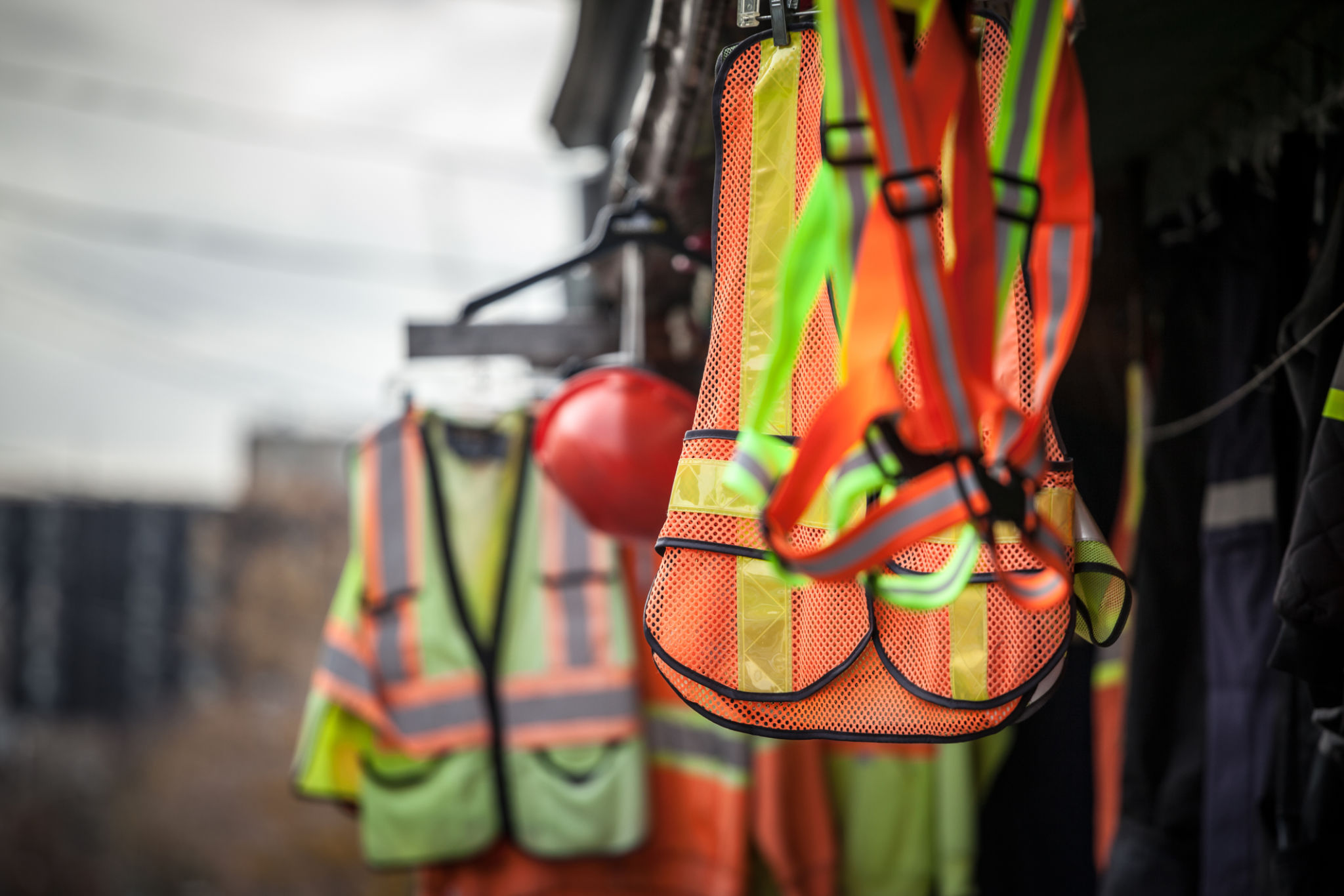Understanding Local Building Regulations: A Guide for London Homeowners
Introduction to London Building Regulations
Understanding local building regulations is crucial for any homeowner considering renovations or new construction projects. In London, these regulations ensure that all building works are safe, sustainable, and in line with the city’s architectural standards. Navigating through these rules can seem daunting, but with the right guidance, it becomes much more manageable.
Building regulations in London are designed to promote the health and safety of occupants, enhance energy efficiency, and preserve the city's unique architectural heritage. Whether you are planning a loft conversion, an extension, or a complete rebuild, complying with these rules is essential.

Why Are Building Regulations Important?
Building regulations are a set of standards that ensure new constructions and renovations are safe and efficient. They cover various aspects such as structural integrity, fire safety, accessibility, and energy conservation. Adhering to these regulations not only protects your investment but also contributes to the overall safety and sustainability of the community.
Failure to comply with building regulations can result in severe penalties, including fines and orders to undo or alter non-compliant work. Therefore, being informed about these regulations can save homeowners from potential legal issues and financial losses.
Key Areas of London Building Regulations
When it comes to building regulations, London focuses on several key areas that homeowners should be aware of:
- Structural Safety: Ensuring the building can withstand physical forces and pressures.
- Fire Safety: Implementing measures to prevent and control fires.
- Energy Efficiency: Reducing energy consumption and promoting sustainability.
- Ventilation: Maintaining air quality and circulation.
- Accessibility: Ensuring buildings are accessible to people with disabilities.

Obtaining Necessary Permissions
Before starting any building work, it is critical to secure the necessary permissions from your local council. This often includes obtaining planning permission and building regulation approval. Planning permission focuses on the appearance and impact of your project on the local environment, while building regulations concern the technical and safety aspects.
To apply for these permissions, homeowners usually need to submit detailed plans and specifications of the proposed construction work. It's advisable to hire a professional architect or surveyor who is familiar with London's regulatory landscape to assist in this process.
The Role of Building Control Officers
Building Control Officers (BCOs) play a vital role in ensuring compliance with building regulations. They review applications, conduct site inspections, and provide advice throughout the construction process. Engaging with BCOs early can help identify potential issues before they become costly problems.

Common Challenges and Solutions
Many homeowners face challenges when trying to meet all the requirements of local building regulations. Common issues include misunderstandings about specific rules or underestimating the costs involved in compliance. These challenges can often be mitigated by thorough research and consultation with experts.
Another effective solution is attending workshops or seminars offered by local councils or industry bodies. These events provide valuable insights into current regulations and best practices for compliance.
Conclusion
Navigating London's building regulations is a critical step for any homeowner embarking on a construction project. By understanding the importance of these rules and engaging with the right professionals, you can ensure that your project not only meets regulatory standards but also enhances your property’s value and contributes positively to your community.
Remember, staying informed and proactive about building regulations will help you avoid unnecessary complications and ensure a smooth construction process. For personalized advice, consider consulting with a local expert who can guide you through the intricacies of London’s building regulations.
